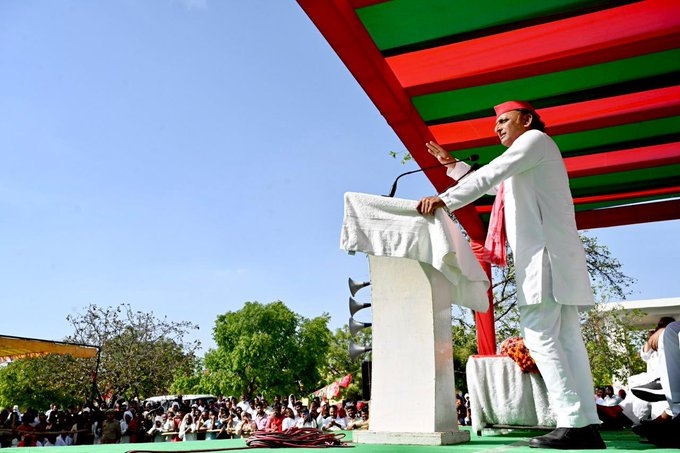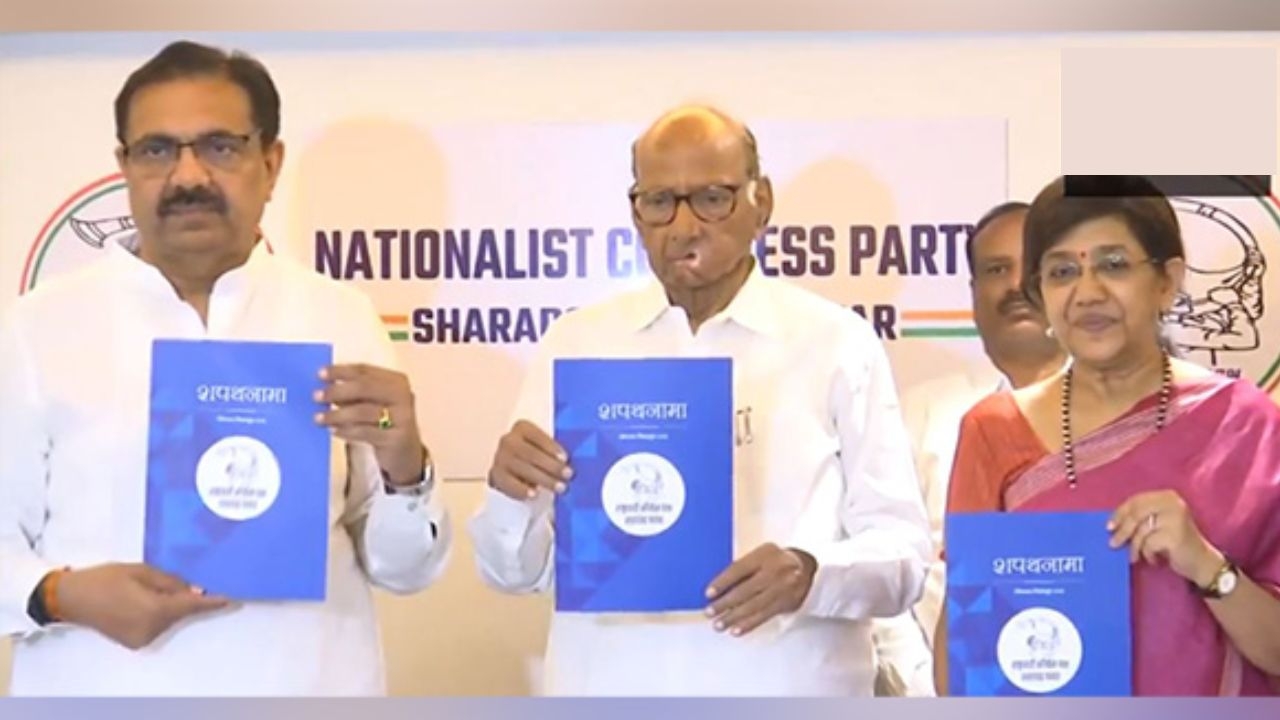Power of diplomacy: lifting Iran's sanctions marks a crucial moment. Here's why

Since Iran's nuclear programme became public in 2002, the United Nations, European Union and several individual countries imposed sanctions in an attempt to prevent it from developing military nuclear capability.
All that while, Iran insisted that its nuclear activities were exclusively peaceful.
But after 15 years, when the sanctions were finally lifted this Sunday - called 'implementation day' - it's certainly tempting to believe that this is the start of a new chapter in relations between Tehran and the West.
Also read - The Iran Nuclear deal: is it time to celebrate yet?
"Today marks the first day of a safer world, one we hope will remain safer for many years to come," Secretary of State John Kerry told reporters at a press conference in Vienna.
On Sunday, President Obama hailed these steps as having "cut off every single path Iran could have used to build a bomb". "We've achieved this historic progress through diplomacy, without resorting to another war in the Middle East," he said.
Diplomats gathered Saturday in the Austrian capital for the implementation of last year's historic nuclear agreement between Iran and six world powers - the United States, Russia, China, France, Germany, and the United Kingdom.
International Atomic Energy Agency (IAEA) inspectors formally certified that Iran had taken concrete steps to scale back its nuclear infrastructure over the past three months - literally, in one case, when the country poured cement into the nuclear reactor core at Arak.
Iran has also shipped 98% of its nuclear fuel to Russia and dismantled two-thirds of the centrifuges it used to enrich uranium.
Now that the travel ban has been lifted, President Hassan Rouhani will visit Italy and France next week on his first trip to Europe, Reuters reported. He's scheduled to meet Pope Francis as well during the trip.
When did the process of lifting sanctions start?
This process started almost immediately after Iranians elected a moderate president, Hassan Rouhani, in mid-2013.
Iran came together in formal negotiations with a group of world powers known as the P5+1: Germany plus the five permanent members of the UN Security Council, which are the US, UK, Russia, China, and France. In April, they announced a "framework" deal of the broad strokes.
Implementation day comes nearly six months since the nuclear agreement, known as the Joint Comprehensive Plan of Action (JCPOA), was signed.
With the travel ban lifted, Rouhani will visit Italy & France next week on his first trip to Europe
What will happen now?
Key sectors of the Iranian economy will be able to resume significant international business - oil and gas, banking, insurance and autos.
A flurry of Iranian economic activity is anticipated:
The most immediate benefit to Iran will be access to roughly $100 billion of its money that was frozen in foreign accounts. Of that, outside analysts estimate roughly half already is committed to other obligations, like payments to foreign creditors.
Iran is expected to increase its daily export of 1.1m barrels of crude oil by 500,000 shortly, and a further 500,000 thereafter. But with the collapse of the oil market - prices have fallen 70% in the last 18 months - it is likely that Iran will derive far less revenue than it had anticipated, and new Iranian sales could further depress prices.
Most immediate benefit to Iran will be access to roughly $100 billion of its money that was frozen
Iran is reportedly poised to buy 114 new passenger planes from the Airbus consortium.
The US also will allow imports of Iranian carpets, pistachios, saffron and caviar, and - perhaps most important - it will permit foreign subsidiaries of US companies, with certain restrictions, to do business in Iran. That provision could lead to the legal sale of US products there (which is why there are multiple reports doing the rounds online of whether Iran will get its first McDonalds).
Also read - North Korea hasn't gone rogue. Nukes are its geo-political trump card
What happens if Iran cheats?
Break the rules and those sanctions can be put back in place real quick. If member of the P5+1 thinks Iran has broken the deal they can list this complaint to a panel of eight countries (US, UK, France, Germany, Russia, China, Iran and the EU) who have 35 days to sort out the issue between themselves.
But if any member disagrees with the ruling of the panel they can send the complaint to the UN Security Council.
The UN then has 30 days to decide that sanctions should not be brought back in. They all have to be agreed, otherwise the sanctions automatically "snap back" into existence.
If Iran cheats, the sanctions can be put back in place really quick
What were the sanctions?
The four rounds of UN sanctions included:
- A ban on the supply of heavy weaponry and nuclear-related technology to Iran.
- A block on arms exports.
- An asset freeze on key individuals and companies.
- Travel bans, bans on trade in precious metals, and bans on crude oil exports and banking transactions, among others.
The EU also imposed its own sanctions, among them:
- Restrictions on trade in equipment which could be used for uranium enrichment.
- An asset freeze on a list of individuals and organisations that the EU believed were helping advance the nuclear programme, and a ban on them entering the EU.
- A ban on any transactions with Iranian banks and financial institutions.
- Ban on the import, purchase and transport of Iranian crude oil and natural gas - the EU had previously accounted for 20% of Iran's oil exports. European companies were also stopped from insuring Iranian oil shipments.
Japan and South Korea had also imposed sanctions similar to those of the EU.
What were the affects of the sanctions?
The sanctions contributed to a fall in the value of the Iranian riyal and to rising inflation, with the cost of basic foodstuffs and fuel soaring. The country is home to nearly 80 million people and is the world's 17th most populous market.
Many Iranians currently live with a shortage of basic goods and services, and the country suffers from double-digit inflation and an unemployment rate of nearly 11%.
If Iran cheats, the sanctions can be put back in place really quick
What sanctions will remain?
A series of sanctions will remain relating to Iranian support of terrorism and human rights abuses.
The most important - and potentially controversial - elements of the remaining penalties are the sanctions on doing business with companies linked to the Iranian Revolutionary Guards, which will apply to other countries as well.
Iran currently suffers from double-digit inflation and an unemployment rate of nearly 11%
Iran will also submit to extremely invasive inspections. That's to make sure it isn't cheating, for example by sneaking nuclear material off to some secret facility and developing a bomb there.
The deal also limits uranium enrichment to no more than 3.67% for 15 years. For nuclear reactors, natural uranium is processed - or "enriched" - to increase the level of the uranium-235 isotope to 3-4%; for nuclear weapons, it must be enriched to at least 90% of the isotope.
The US has also imposed fresh sanctions on Iranian companies and individuals over a recent ballistic missile test.
More in Catch - Was the H-bomb test for real? World bombs North Korea with doubts
Saudi-Iran standoff: Will sectarian violence rise as Shia-Sunni polarisation increases?
Iran nuclear deal: Find out who stands where as Monday's deadline looms large


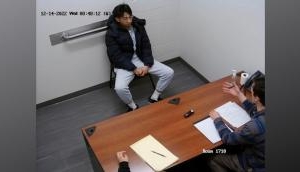
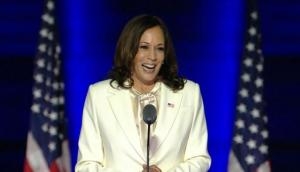
_251371_300x172.jpg)
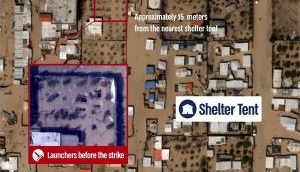
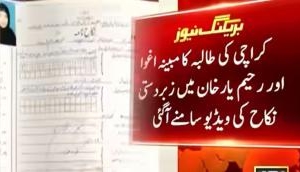
![BJP's Kapil Mishra recreates Shankar Mahadevan’s ‘Breathless’ song to highlight Delhi pollution [WATCH] BJP's Kapil Mishra recreates Shankar Mahadevan’s ‘Breathless’ song to highlight Delhi pollution [WATCH]](http://images.catchnews.com/upload/2022/11/03/kapil-mishra_240884_300x172.png)

![Anupam Kher shares pictures of his toned body on 67th birthday [MUST SEE] Anupam Kher shares pictures of his toned body on 67th birthday [MUST SEE]](http://images.catchnews.com/upload/2022/03/07/Anupam_kher_231145_300x172.jpg)


